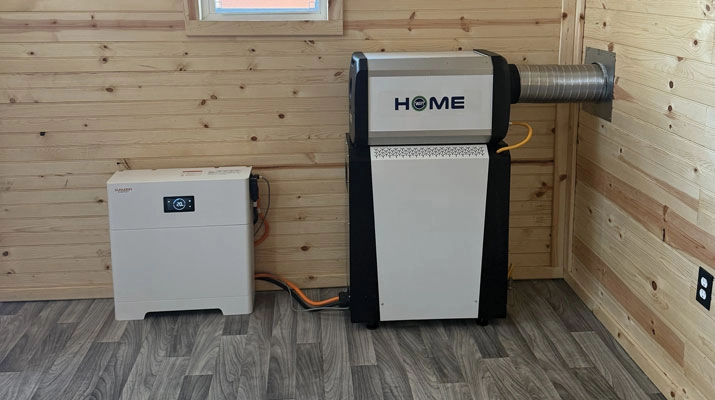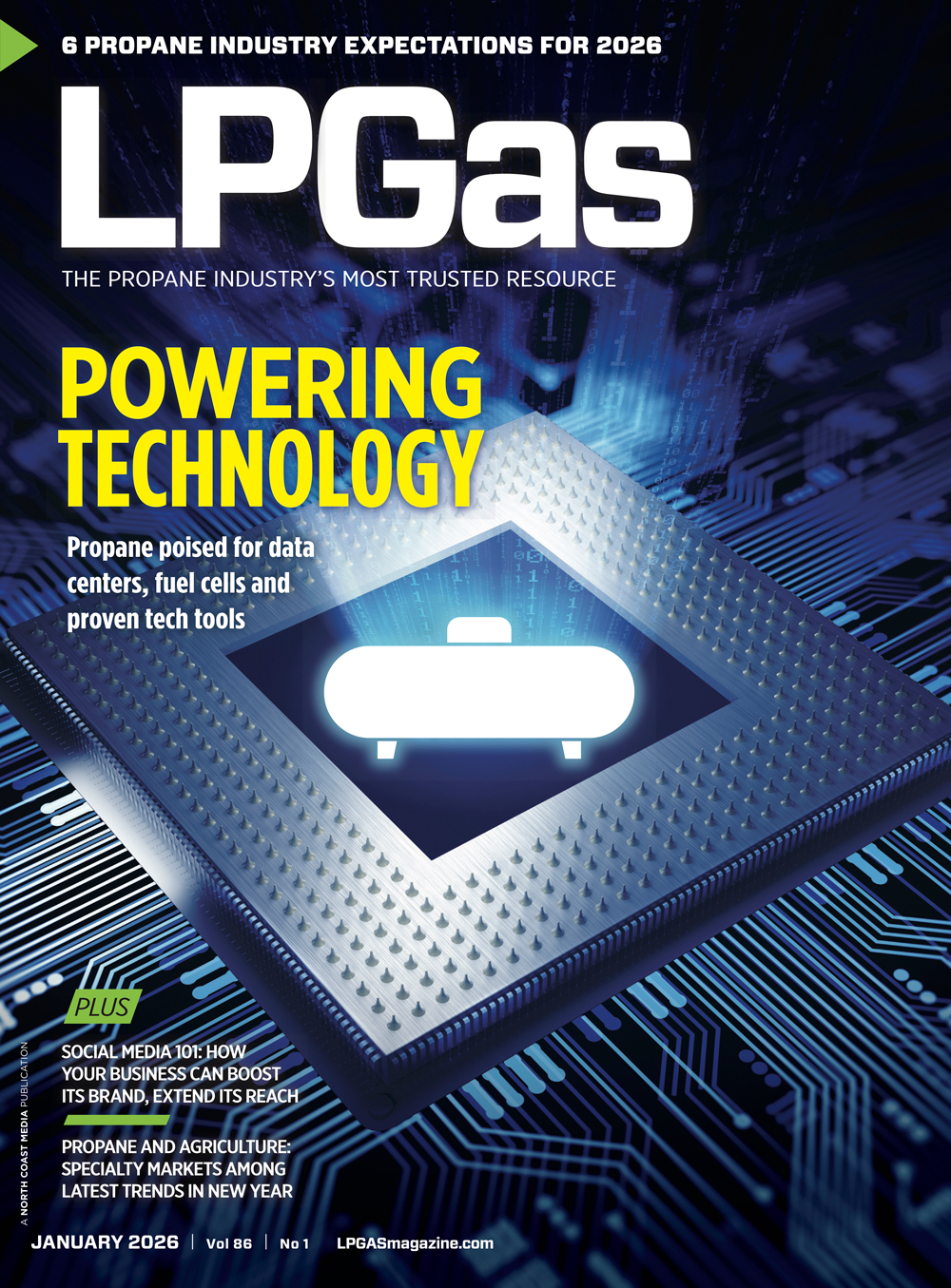Propane heats up the competition as electric heat pumps gain ground
Propane has owned the rural residential space heating market in past years, taking market share from less-versatile heating oil and holding its own against lower-performance electric heat options.

Although it varies by region, about 85 percent of the overall residential propane consumption is for space heating, 12 percent for water heating and the remainder for cooking and clothes drying. That means most of the typical residential propane market is at risk from growing competition from electric heat, especially the higher-efficiency electric heat pump models designed to both cool and heat.
While newer technology like cold-climate electric heat pumps (I call them cold-house heat pumps) is starting to make inroads in the residential space heating market through installations in new and existing homes, it is still a small percentage of the overall heat pump market.
The promotion of cold-climate heat pumps is making a growing number of consumers consider heat pump solutions, even though they may end up installing a less expensive heat pump model after considering the much higher cost and marginal performance difference of cold-climate models. Several other factors are driving electric heat pump sales, including government mandates and related incentives, greenwashing of renewable electricity production and use, and dubious claims of cold-climate heat pump performance, as there is no official, universally accepted standard for a “cold climate heat pump.”
High-efficiency propane and natural gas forced-air furnaces and boilers have been the standard for affordable home comfort with most builders, HVAC professionals and homeowners for many years. Moderate equipment cost and the 95-98 percent annual fuel utilization efficiency models offer cost-effective installations, low operating costs and satisfying comfort for homeowners.
However, electric heat pumps for cooling and heating are pushing their way deeper into the housing market, riding on the back of the climate change movement with misleading claims of superiority over carbon-based home heating solutions. Electric heat pumps are usually completely dependent on an already-overloaded electric grid that is becoming more prone to widespread power outages. The push for more data centers and electric vehicles, as well as other electrification moves such as stretching the use of electric heat pumps, will continue to hurt the reliability of the grid. And with more electricity demand comes higher electricity prices, which are already well beyond the cost of propane on a cost-per-energy-unit comparison in most states.
Heat pumps (even the cold-climate models) face a steep uphill climb against high-efficiency propane heating equipment, but they are still climbing. Here are some things you can do to stay on top of that heating hill.
Educate yourself and your propane team on the latest residential gas heating and water heating technology. Give special attention to new developments in hybrid heat pump applications, which the Propane Education & Research Council refers to as “heat pump solutions powered by propane.” Visit propane.com/heatpumpsolution.
Verify the wholesaler and direct supply chain for heat pump solutions powered by propane and other high-tech propane heating and water heating equipment. Make sure these suppliers are aware of and are marketing the best propane heating solutions.
Build or strengthen your relationships with local homebuilders and HVAC and plumbing contractors. These are the influencers and decision-makers you need to partner with and educate on the advantages of advanced propane technology use in their projects.
Build or refresh your cost and performance comparison of propane versus electricity, natural gas and heating oil in your state. Include ways to compare carbon intensity, affordability and reliability. Cost per therm can be an effective way to show energy price comparisons. In most states, propane will win all three comparison factors, but even if propane doesn’t win all three, two out of three is not a bad finish, either. Find ways to share this information with your propane customers and prospects, contractors you work with, and state legislators and regulators.
Home heating is the foundation of the propane industry. Don’t let electricity undermine it. Do something about it. Promote high-tech solutions powered by propane.
Tom Jaenicke is known as “the propane guy” and works as an adviser and strategist to the energy industry. Check out his work at atomiksolutions.com. Tom is a propane industry veteran of several decades and can be reached at tom@atomikenergysolutions.com or by calling 810-252-7855.
Featured homepage image: tttuna/E+/Getty Images
Related Articles
Update your sales strategy to harness new growth opportunities
















